Each of the numerous nations that make up Europe has its own distinct political, social, and economic conditions. For instance, the European Union is still in operation as a supranational body dedicated to fostering harmony, cooperation, and integration among its member nations. Europe has recently encountered a number of difficulties, including political unrest, immigrant problems, and economic difficulties.
Protests over the death of a 17-year-old teenager in France sparked the undercurrent, which spread to neighbouring Switzerland and Belgium. Seven persons, mostly juveniles, were detained in Lausanne, Switzerland, amid clashes between police and largely young male demonstrators. This occurred after a number of stores were vandalised. Several fires were successfully extinguished in Brussels, Belgium’s capital, the previous week, and a dozen suspects were imprisoned.
The European Union must address the impact of unchecked migration and asylum seekers from North Africa, the Middle East, Syria, Turkey, Pakistan, and Bangladesh on the rise of terror attacks. Urgency exists in ensuring practical integration for Muslims through measures like psychological evaluations, education on EU laws, and background checks. There is a perspective suggesting that the European Union should move away from its long-standing history of multiculturalism and instead implement stricter measures, including banning refugees and asylum seekers from regions affected by conflict, where there may be concerns about indoctrination and adherence to doctrines rather than the laws of the host countries.
As it is seen in France, the situation is The heads of both houses of parliament and the mayors of the 220 towns and cities affected by the protests will meet with President Emmanuel Macron on Monday and Tuesday, respectively. There is talk that the government may declare an emergency as a result of the protests. The three main cities in the nation—Paris, Lyon, and Marseille—had an increased security presence thanks to the deployment of about 45,000 police personnel as well as specialised elite units, armoured vehicles, and helicopters.
The recent riots in France were supposedly planned by the CIA in an effort to overthrow the government because President Macron wanted to separate France from the European Union. However, there is no solid proof to support these accusations. According to these allegations, a submarine contract cancellation and France’s involvement in BRICS may have contributed to the conflict between the US and France. There are also rumours that the US military-industrial complex wants to use India as a hub for outsourcing in order to further its geopolitical objectives in the Indo-Pacific. It is significant to emphasise that these assertions are still theoretical and without evidence.
Given the urgency of the situation, it is crucial for the European Union to swiftly implement stricter immigration policies to prevent the escalation of riots seen in France from evolving into situations resembling the Black Lives Matter movement in America or the Arab Spring in the Middle East. Timely and stringent measures can help maintain stability and prevent further unrest.
Evaluation of developing situation in Europe in light of violence in France.
“Examining Immigration of Muslims, Non-Integration and Social Challenges in Europe”
“Increasing Concerns over the Spread of Islamic Fundamentalism in Europe”
Visits: 167












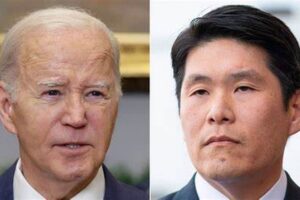





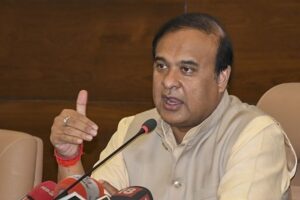



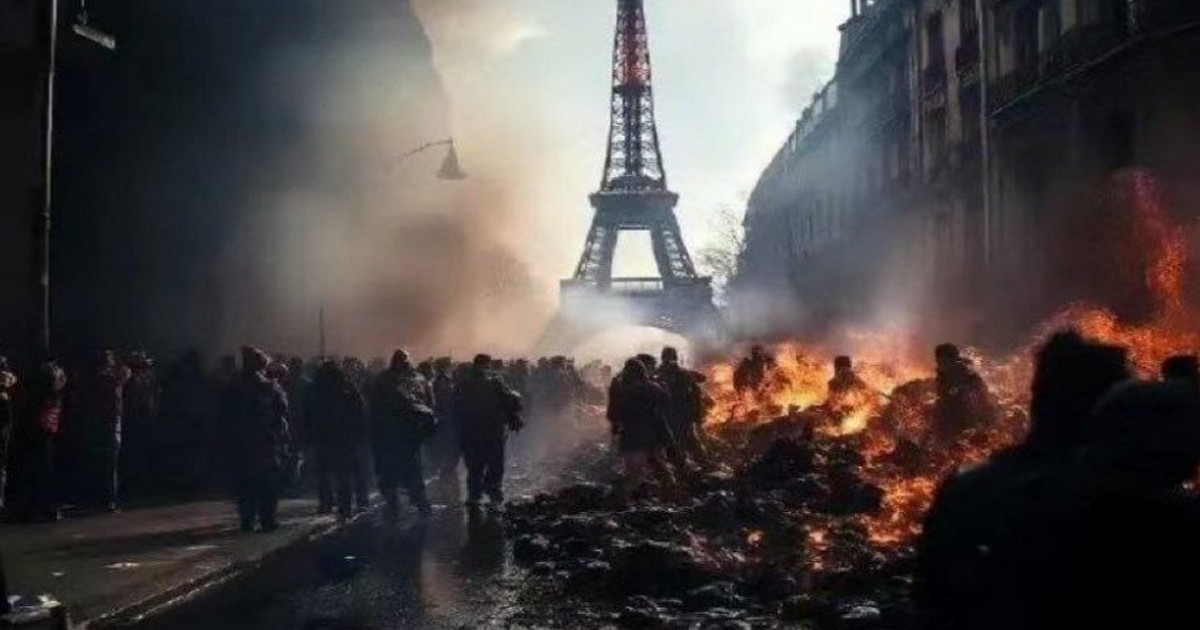


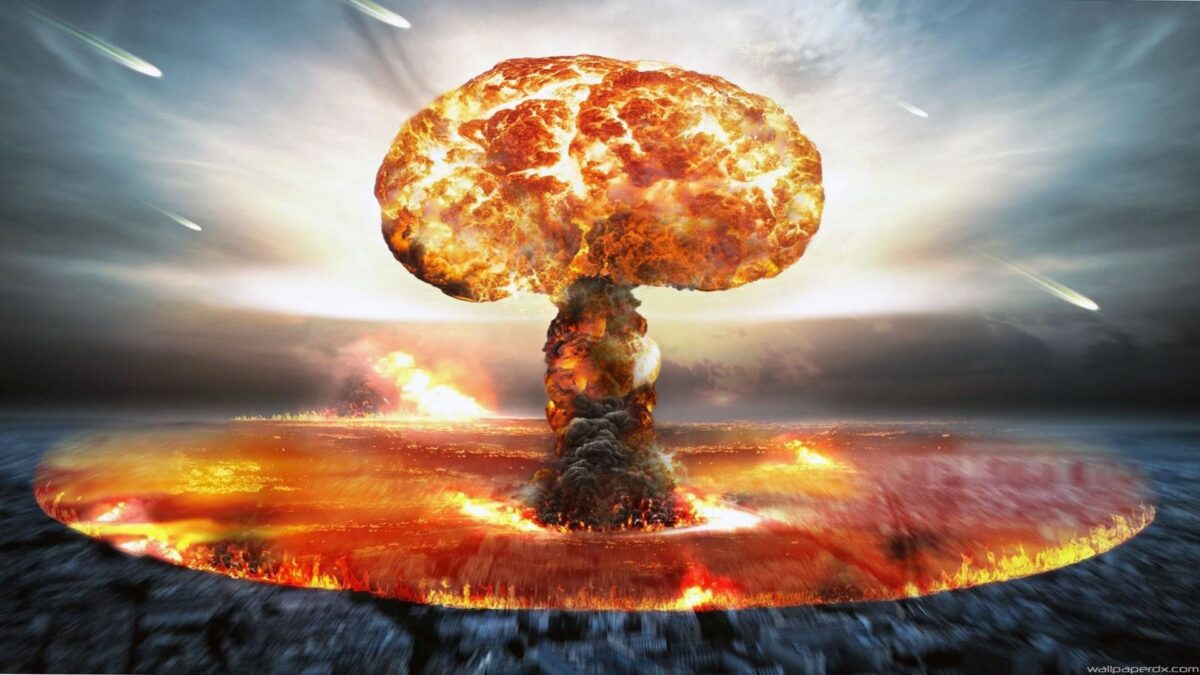
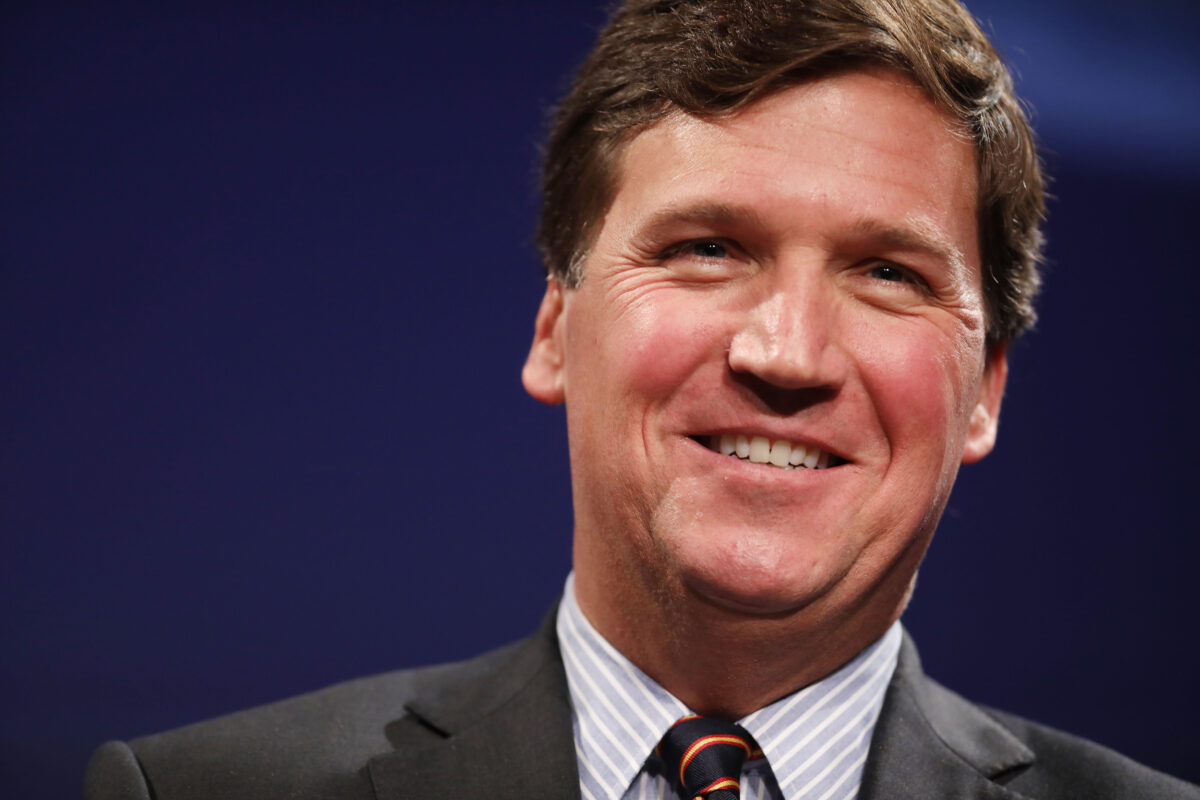

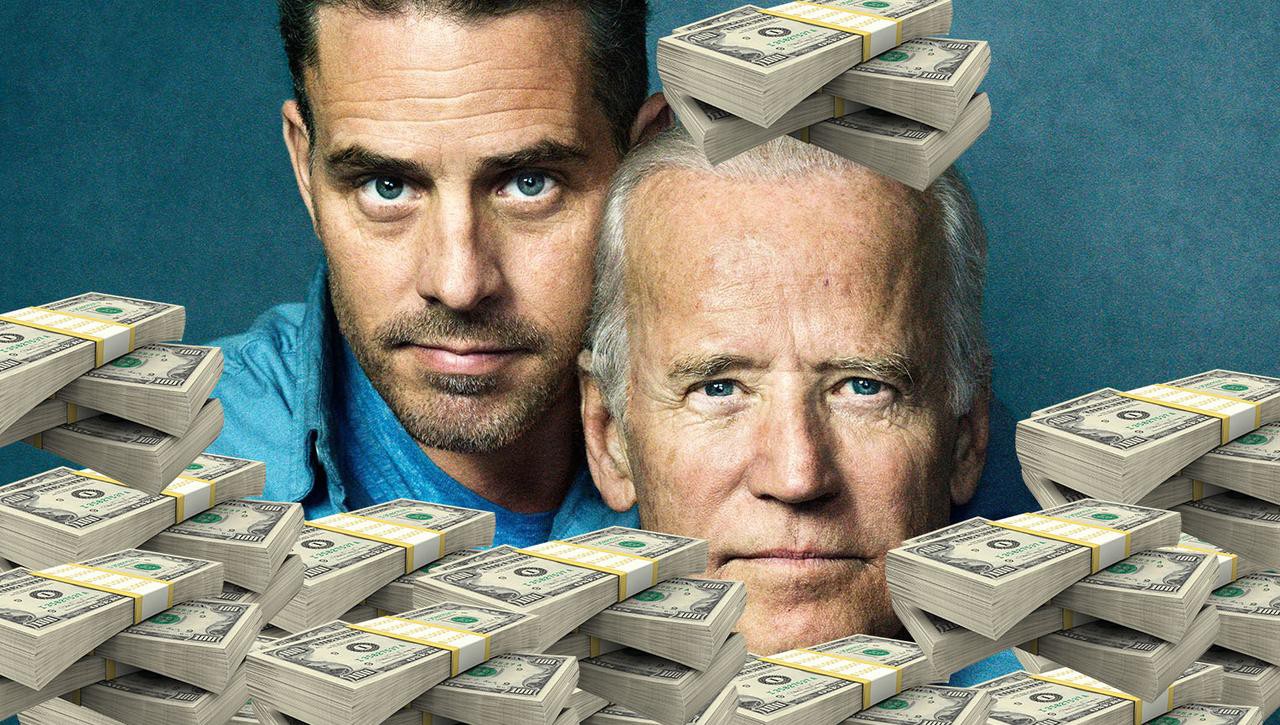
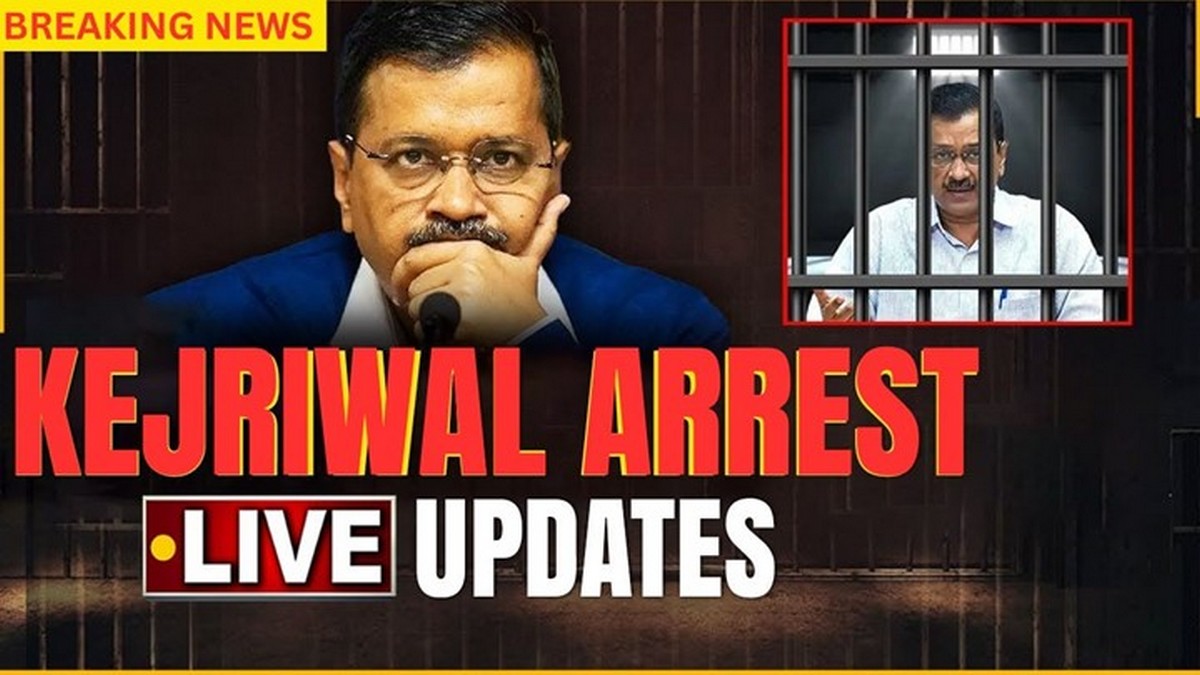

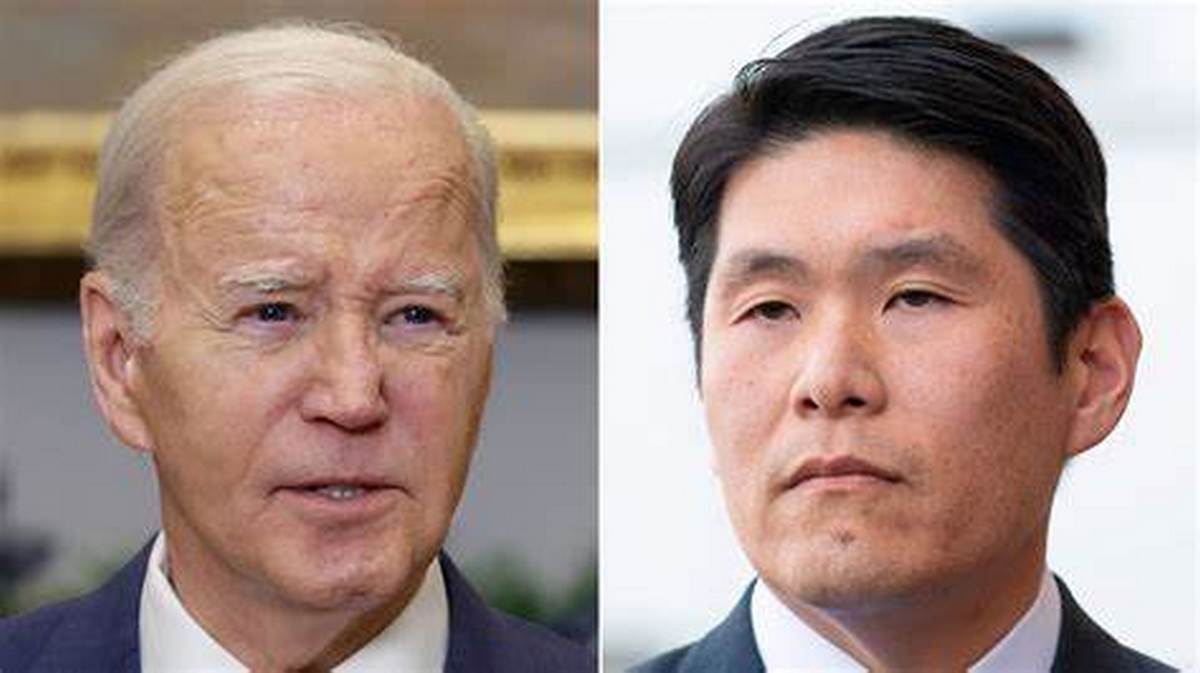


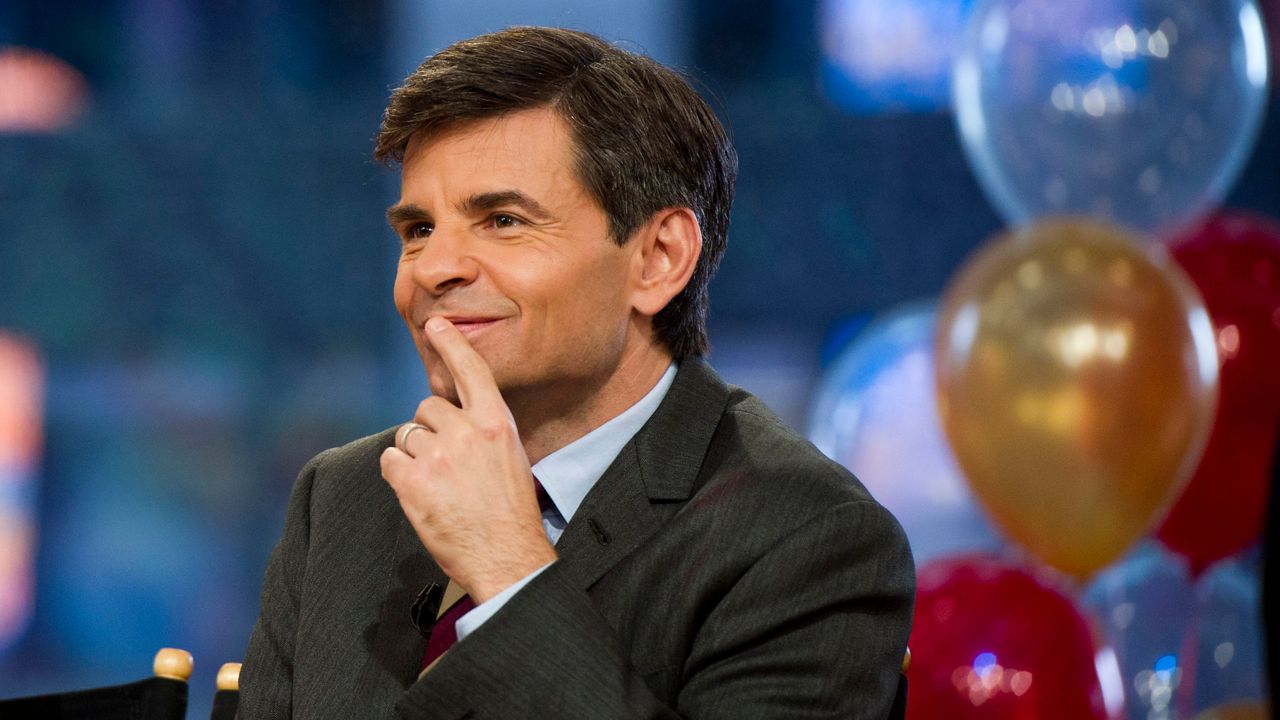

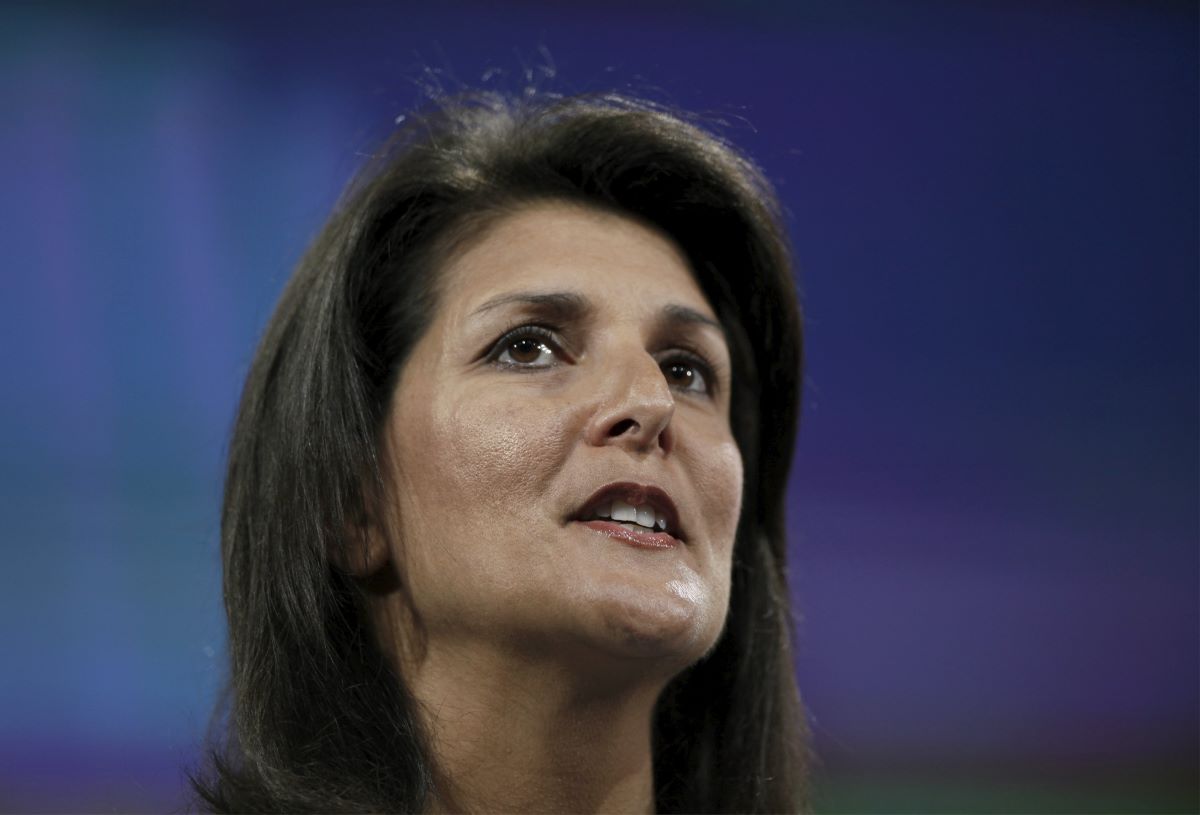
The European Union set about and created this situation. It nurtured the situation, and is doing nothing to hinder its development. The same is true of the United States.